|
Today's Featured Writefest Speaker is Nicole Payne, a literary agent at Golden Wheat Literary, a faith-based literary agency with a bit of a twist. While Nicole is primarily interested in young adult, new adult, and adult novels, works with a killer plot, beautiful voice, and realistic characters will always make the exception.
What book/story/poem have you read recently that you’re really excited about? I really loved The Guernsey Literary and Potato Peel Pie Society. It was the first epistolary novel I'd ever read and it was done so well that I'm constantly on the lookout for books like that now. How did you first enter the publishing industry? I started off as marketing intern at a publishing house and I also was a submissions intern for a few literary agents. How do you replenish your creative well? Well, if I have writer's block, then usually reading, music, or dancing seem to help untangle the knots and let the creativity flow. What are some of the questions you ask authors when you talk with them for the first time about their career? I ask if writing is something they want to do long term or if it's a one book kind of project. I also ask about their writing process and style, their views on an agent-author relationship, and any other projects they're working on.
1 Comment
Today's Featured Writefest Speaker is Kurestin Armada, a literary agent at P.S. Literary Agency. While Kurestin has a wide range of interests such as upmarket and commercial fiction, LGBTQ, graphic novels, romance and more, she has a particular affection for science fiction and fantasy, especially those that subvert genre tropes.
What book/story/poem have you read recently that you’re really excited about? I suppose it would be cheating to name a client book! It can be hard to squeeze in “fun” reading these days, but the line of novellas from Tor.com has been truly excellent for something I can easily knock out over my morning tea. Recently I finished RIOT BABY by Tochi Onyebuchi, which is in that novella line. It’s about a pair of siblings who have this enormous psychic power, while dealing with the brutal effects of racism in their community and in the prison system. It ends up being a story full of a very interesting kind of hope that springs from anger, and from refusal to continue to accept injustice, along with just being a very cool story from a speculative standpoint. I highly recommend it, along with the other novellas in that line! What would you tell your younger (15-year-old) self? To appreciate all that free time I had! I like to think I didn’t entirely waste it, but looking back, I would have spent even more time reading and consuming all sorts of art and media while I still had the time for it. The works I did engage with have given me such a useful sense of taste and appreciation for current works, and I can only imagine the effect it would have to be able to double the works in my memory banks. What advice would you give to new writers just starting to write their first book? I think it’s essential to lean into the things that really excite you about your book, and about writing in general. Don’t worry about the marketplace right now—of course, you should certainly be reading widely in your genre and be aware of the conversations that are happening, which will have a natural effect on your work, but don’t try to write something with an eye toward filling a trend. Partly because you’re likely to be too late by the time it gets written/revised/repped/bought/revised again/published, and partly because without a certain amount of joy and fun on your part in the writing process, the book will be lifeless. I can fix a lot of things in a book, but I can’t edit in a lack of joy—that’s the magic spark that makes it all work, and what makes your work uniquely yours. Today's Featured Writefest Speaker is Léonicka Valcius, an assistant agent at Transatlantic Agency and founder of #DiverseCanLit. She is also a founding member of The Festival of Literary Diversity (FOLD), a Brampton, Ontario 4-day festival devoted to community of reader and writers celebrating diverse authors. Léonicka has dedicated her career to diversity, equity and inclusion. She is eager to work with people of color, including (but not limited to) trans people, disabled people, religious minorities, and queer folks.
What book/story/poem have you read recently that you’re really excited about? I'm currently reading client manuscripts, then turning my attention back to pending queries! But the top two books in my To Read For Fun pile right now are Dragons in a Bag by Zetta Elliott and Confessions of a Domestic Failure by Bunmi Laditan. Tell us about your work with #DiverseCanLit. #DiverseCanLit is just one of the many ways I've explored diversity, equity, and inclusion in my publishing career. I started asking questions when I noticed that my 2012 graduating class in publishing school was more than 80% white women. These questions led to me speaking on panels at industry events but each panel rehashed the basic. I started #DiverseCanLit as a weekly Twitter chat in an effort to have a continuous, evolving conversation. Now @DiverseCanLit is a platform where I signal boost news, resource and work for and by diverse Canadian writers. What are some of the questions you ask authors when you talk with them for the first time about their career? I always start by asking about their overall vision and long-term goals. Understanding a writer's personal definition of success helps me support and guide them throughout their career. Today's Featured Writefest Speaker is Heather Lefebvre, founding editor of Broad! Magazine and Scorpion Baby Press. Scorpion Baby Press is searching for stories and voices that are often underrepresented and marginalized, which include, but are not limited to: queer, POC, women, nonbinary and trans, disabled, and working class perspectives. As a writer herself, you can find Heather's work featured in Story|Houston, Sycamore Review, Indiana Review, SunMoon Missive, the anthology I Scream Social, and nominated for a Pushcart Prize.
What book/story/poem have you read recently that you’re really excited about? I'm doing a #52books challenge this year, so I've been lucky enough to read a lot recently that I loved. Analicia Sotelo's Virgin, for example, is incredible. I just finished reading Daniel Mallory Ortberg's collection of retellings The Merry Spinster and I loved every deliciously spooky, funny moment of it. And I'm reading Jennifer duBois's The Spectators right now and really enjoying it so far. Jennifer's a fantastic, incisive writer, so I look forward to seeing where the book goes. What are some ways that you think journals & presses can make more space for underrepresented voices? Keep in mind, always, that your perspective is limited and therefore, so is your understanding of someone else's work. Be aware of that when reading submissions! Promote that you're looking for work by marginalized writers and make an effort to center those voices, not yours. Listen. What would you tell your younger (15-year-old) self? Honestly? Don't spend so much time worrying about what boys think of you. (Or anyone, generally.) Take up all the space you need, both in the world and on the page. And lastly, there's no such thing as "the type of person who." You can only be the kind of person who tries new things if you try new things. How do you replenish your creative well? I cook something from scratch – like bread or roasted veg – or sing a good song. Oftentimes, both at the same time. Or I go to a reading! (If you're in Austin, I highly recommend I Scream Social at Malvern Books and ATX Interfaces at BookWoman!) How did you first enter the publishing industry? In my first office job, I managed our social media, and through that I discovered VIDA. At the time, the most recent VIDA Count showed approximately a 1:3 ratio of women to men in terms of having their work published or reviewed. I was shocked by that and decided pretty quickly to launch a literary journal that focused on the work of women, trans, and nonbinary writers. Broad!, the journal that resulted, was online-only and ran for six years. Today's Featured Writefest Speaker is Danielle Bukowski, an agent and foreign rights manager at Sterling Lord Literistic, Inc. in New York. As a dynamic independent agency, Sterling Lord Literistic, Inc. represents a range clients from Pulitzer Prize winners to literary and commercial novelists. Danielle is looking for upmarket women's fiction, smart commercial fiction, literary fiction and select nonfiction.
What book/story/poem have you read recently that you’re really excited about? I recently really loved Trust Exercise by Susan Choi and Territory of Light by Yuko Tsushima translated by Geraldine Harcourt. How did you first enter the publishing industry? Like a lot of people, I’ve learned: I failed at being a journalist. I’m very happy to be where I am now. What tips would you give to writers on query letters? It’s time-consuming in the beginning, but it will save you time and stress in the long run to really do your research on agents before you query. You can only query one agent at an agency at a time, and you don’t want to waste time waiting on a response only to learn that that agent doesn’t represent what you wrote or isn’t taking on new clients. It’s easy to find our wish lists and client lists online, and that will also help as you craft your query letter, which should be individualized to each agent to stand out. There’s a formula for query letters and if you’re querying fiction or nonfiction, it’s best to follow the formula – writing a query letter in your protagonist’s voice, or making it difficult for the agent to read, just makes it more difficult for the agent to understand the great book you’re trying to pitch. What's it like handling foreign rights for authors? I love handling foreign rights, for my authors and for all of the authors at SLL. I find it fascinating to learn about what is and is not selling abroad, and of course it’s a joy to bring an author a foreign sale. I also think my foreign rights background is an advantage to me as an agent and therefore beneficial to my authors: I’m very skilled at pitching books and I know the international and domestic marketplace very well. 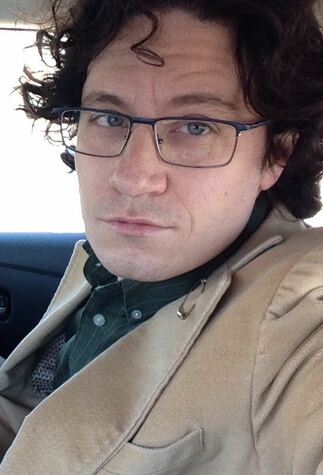 Today’s Featured Writefest Speaker is Michael J. Deluca, an editor with Reckoning, a pro-paying, non-profit journal of creative writing on environmental justice. He also co-operates Weightless Books, an indie ebook retailer, with Gavin Grant. In addition, he designs books and ebooks and writes short fiction. Reckoning specializes in "creative writing on environmental justice". What brought you to focus that subject? Environmentalism has been a cause dear to me basically forever, but it's only relatively recently that I realized how deeply the causes of climate change, environmental degradation and biodiversity loss intersect with racism, colonialism, white supremacy, the legacy of slavery, misogyny, patriarchy, oligarchy, etc, etc. It's Reckoning's policy and mine to resist oversimplifying of the incredibly complex, but really, these causes and outcomes are all interconnected. Realizing that, and wanting badly to feel like I was doing everything I could to be the change, is what led me to Reckoning. Fundamental to all these problems is the question of what kind of stories we tell and who gets to tell them. What drives your personal interest in literature that is cross-cultural, under-represented, or courageous? I want to learn, to identify my blind spots and see humanity and the earth from every other perspective that will teach me something about my own, which is all of them. Actively seeking and finding and providing a platform to marginalized voices is my personal solution to the contemporary social media and mass media echo chamber. How have you seen Reckoning grow over the past few years? I used to do everything myself; now we've got a small, tight-knit, dedicated editorial staff, including guest editors Danika Dinsmore and Arkady Martine for Reckoning 4. I get to listen more and have the editorial last word less, which was exactly what I wanted: for Reckoning to become something more than I could have imagined for it alone. How often do you publish works by writers who have never been published before? I think only a handful, but we've published many more writers early in their careers. In Reckoning 3, Mansuda Arora and Osahon Ize-Iyamu are really unique and promising new voices. What advice would you give to new writers just starting to write their first short story? If I may recycle some canned content that answers this question as best I've managed (this is not an easy question): “Advice for new writers: write about environmental justice, submit, get rejected, revise, learn, read, look unflinchingly upon humanity and the earth, participate, write more, repeat, get accepted, join us, change us, teach us, keep writing, change humanity, change the earth” Want to hear more from Michael DeLuca at Writefest? His schedule will be posted on our website soon! Be sure to secure your tickets to Writefest if you haven’t already!
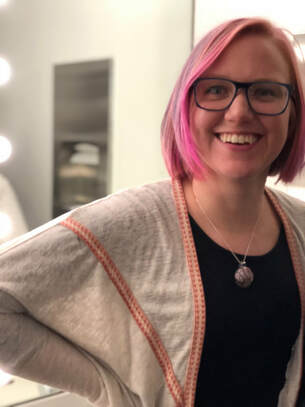 Today’s Featured Writefest Speaker is Bonnie Jo Stufflebeam, a curator with the Art and Words Show in Fort Worth. Her fiction and poetry has appeared in over 50 publications such as Lightspeed, Fairy Tale Review, and Year’s Best Dark Fantasy and Horror as well as in six languages. She was the featured author at LeVar Burton's Dallas LeVar Reads event. She has been a finalist for the Nebula Award, placed second for Selected Shorts’ Stella Kupferberg Memorial Short Story Prize, and won the Grand Prize in the SyFy Channel's Battle the Beast contest; SyFy made and released an animated short of her short story "Party Tricks." The Art & Words Show has been featured in Poets & Writers. Does your writing process for short stories differ from writing poetry, or is it similar? It's totally different. I am a very casual poet, so I usually only write poetry when the mood strikes. Whereas with fiction, where I've chosen to concentrate the bulk of my attention, I try to write every day and plan projects in advance. I also heavily revise fiction, where I don't do so with poetry. With poems, I'm writing more for myself than with the idea that I will share them. I only share the stuff that comes out near-finished. With fiction, the idea is always that I'm writing a first draft and will return to it again and again before sending it out into the world. How did the idea for the Art and Words Show come about? I needed a project for an assignment in my MFA, and I wanted to do something collaborative, that involved artists of another medium. My mom owns an art gallery in Fort Worth, so I thought that would be perfect. I'd seen similar shows done with just poetry, and I wanted to expand it to flash fiction and nonfiction, and I also wanted to include speculative fiction. In fact, I ended up focusing on speculative fiction. Can you talk about a memorable collaboration from a past Art and Words Show? There have been so many! Stacy Tompkins' responses spring to mind. I'll talk specifically about Stacy's response to Houston writer Layla Al-Bedawi's "To Escape the Witch's House," which appears online here in Liminal Stories. Stacy created a sculpture with handmade dolls and strangely textured bodily fluids. It was the most tactile art I've seen in the show yet, and it was so creepy and cool to see how deeply she'd combed Layla's story. Want to hear more from Bonnie Jo Stufflebeam at Writefest? Her schedule will be posted on our website soon! 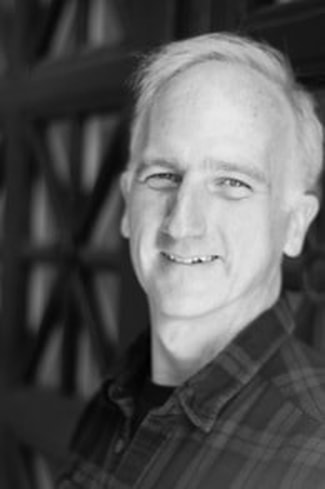 Today we're excited to feature another one of our workshop instructors, author Thomas McNeely! A native of Houston, Texas, Thomas has received fellowships for his writing from the MacDowell Colony, the National Endowment for the Arts, the Wallace Stegner Program at Stanford University, and the Dobie Paisano Program at the University of Texas at Austin. He has taught fiction writing at Stanford University, Emerson College, The University of New Hampshire, Inprint Houston, and Writespace. His short stories have appeared in The Atlantic Monthly, Ploughshares, Epoch, The Virginia Quarterly Review, and many other magazines and anthologies, including The Best American Mystery Stories and New Stories from the South; his stories have been short-listed for the O. Henry, Best American Short Stories, and Pushcart Prize. Ghost Horse, his first novel, received the Gival Press Novel Award, was a finalist for the Lascaux Prize in Fiction and was shortlisted for the 2016 William Saroyan International Prize for Writing. He currently teaches at Emerson College, Boston, and the Stanford Online Writing Workshop, and is at work on a collection of linked stories set in Houston. What book/story/poem have you read recently that you’re really excited about? Love Me Back, by Dallas author Merritt Tierce, left me speechless; I've also enjoyed the novels Body and Bread, by San Antonio's Nan Cuba, and Mayhem, by Austin-based Elizabeth Harris. The poetry collection Nightbloom and Cenote, by Houston's own Leslie Contreras Schwartz, is a powerful collection. How did you first enter the publishing industry? I don't really consider myself part of the publishing industry. I teach fiction at the Stanford Online Writing Studio and literature and critical theory in the Emerson College Honors Program, and write and publish short stories. My stories have recently appeared in Epoch and Crazyhorse magazines. How do you replenish your creative well? Teaching actually feeds my creative process, because I get to engage with the possibilities that stories offer, which is limitless. What would you tell your younger (15-year-old) self? Read more, get out of your own head, and put your work out in front of an audience. When I was 15, I was in a punk rock band in Houston, and one of my regrets is not playing a show at the Lawndale Arts Annex, which was within walking distance of where I grew up. I also only went to see one show there, The Meat Puppets, which was a riot masquerading as a show, which is what rock and roll should be. I wish that I had spent more time at the Cabaret Voltaire, the legendary all-ages club downtown. What advice would you give to new writers just starting to write their first book? Write about something that other people will be interested in reading. Want to hear more from Thomas McNeely at Writefest? His schedule will be posted on our website soon, and he's also teaching our Literary Fiction workshop this year - spaces are going fast, so get your soon! Be sure to secure your tickets to Writefest if you haven’t already
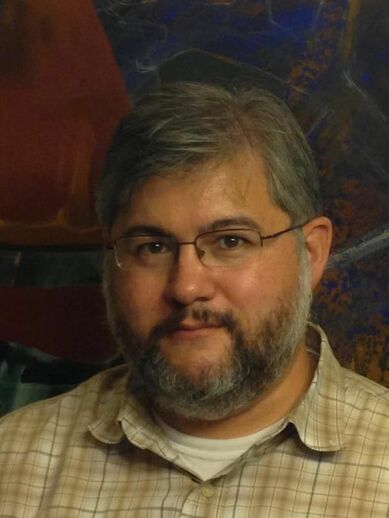 Today we are excited to feature one of our Writefest Keynote Speakers, Phong Nguyen! He is the author of a novel, The Adventures of Joe Harper, and two short story collections: Pages from the Textbook of Alternate History and Memory Sickness. He is currently the Miller Family Endowed Chair in Literature and Writing at the University of Missouri. What is the best advice you can give to someone who is looking to write their first book? I'm going to give two answers to this question: A) Read widely. Saul Bellow said that "A writer is a reader moved to emulation." It will not only make you a better and more versatile writer, but it will furnish you with new ideas and give you a sense of what works and what doesn't in the context of literature. Reading regularly is also a good cure for writer's block. If you read enough, sooner or later you will find that you have something to say. B) Follow your curiosity. Sometimes new writers feel a sense of urgency, that they must write a book and publish it right away. But often one's writing is better served by simply exploring, not rushing things, but allowing yourself to pursue whatever it is you are passionate about at the moment. Allowing the act of writing to become an act of discovery will not only make the act of writing more fulfilling, but the resulting book will then be more apt to surprise you (and your readers). Want to hear more from Phong Nguyen at Writefest? He'll be speaking Saturday morning at the festival, and his detailed schedule will be posted on our website soon. Today’s Featured Writefest Speaker is Chloe N. Clark, an editor with Cotton Xenomorph.
Her work appears in Apex, Booth, Glass, Little Fiction, Uncanny, and more. Her chapbook The Science of Unvanishing Objects is out from Finishing Line Press and her debut full length collection, Your Strange Fortune, will be out Summer 2019. She also teaches at Iowa State University and writes for Nerds of a Feather. What has been the biggest challenge in your writing career so far? The biggest challenge is just realizing that as much as I love writing and get joy from it, it is also a tremendous amount of work. That not only includes the time it tacks, but also the emotional and mental toll it can have on one. I have to be very cognizant of reminding myself that I can't write everything and often that is very hard. How have your literary inspirations influenced your work? In so many ways. The books of my childhood fueled my will to write and the joy it gives me, the books I read today are the ones that keep me going--whether it's the way that Colson Whitehead fuses speculative elements into his work in a way that makes them feel more real or the way that Ada Limon crafts a poem that manages to break my heart and fix it all in one line. What project are you working on that you are excited for people to read? I have two that I'm very excited about. I'm currently working on a novel about space exploration and the human cost of our desire to go beyond what we know. I am also currently sending a poetry manuscript out on submission about the way that we experience bodies--physical human bodies but also bodies of land, cultural bodies, and bodies of knowledge. Want to hear more from Chloe N. Clark at Writefest? Her schedule will be posted on our website soon! |
Archives
October 2023
Categories
All
|
-
About
- Our Organization
- Member Success Stories
-
People
>
- Staff
- Board of Directors
-
Faculty
>
- Nick Almeida
- Tanya Aydelott
- Nyri Bakkalian
- Andreana Binder
- Mackenzie Bitz
- Joyce Boatright
- KB Brookins
- Julia Brown
- Kartika Budhwar
- Debbie Burns
- Joe Burns
- Sean Morrisey Carroll
- Cynthia Childress
- Cassandra Rose Clarke
- Jessica Cole
- Mark Dostert
- Emily Foxhall
- Ynes Freeman
- Rosa Boshier González
- Mark Haber
- Matthew Hefti
- Sarah Gajkowski-Hill
- Adam Holt
- Melissa McEver Huckabay
- Angélique Jamail
- Justin Jannise
- Marlena Johns
- Amal Kassir
- Karleen Koen
- Mike Kowis, Esq.
- Kendra Preston Leonard
- Phuc Luu
- Lorenzo Martinez
- Elizabeth Mayorca
- Thomas H McNeely
- Jasminne Mendez
- Ülrika Moats
- Jody T. Morse
- Deborah D.E.E.P. Mouton
- Kinza Muzahir
- Patricia Flaherty Pagan
- Kate Pentecost
- Kathryn Peterson
- Joy Preble
- Brenda K. Preuss
- Paige Quiñones
- Scott Repass
- Icess Fernandez Rojas
- ire'ne lara silva
- Tamara Nicholl-Smith
- Courtney O'Banion Smith
- Rebecca Spears
- Patrick Stockwell
- Victoria Strange
- Marian Szczepanski
- Catherine Vance
- Juan Fernando Villagómez
- Holly Walrath
- Mathew Weitman
- Doni Wilson
- Charlotte Wyatt
- D.L. Young
- Theodora Ziolkowski
- Blog >
- Workshops
- Mentoring & Editing
- Events
- Writefest
- Get Involved
- Gift the Writer in Your Life
- Contact
Join our mailing list!
Become a member!
Writespace
1907 Sabine Street, Ste 125
Houston, TX 77007
-
About
- Our Organization
- Member Success Stories
-
People
>
- Staff
- Board of Directors
-
Faculty
>
- Nick Almeida
- Tanya Aydelott
- Nyri Bakkalian
- Andreana Binder
- Mackenzie Bitz
- Joyce Boatright
- KB Brookins
- Julia Brown
- Kartika Budhwar
- Debbie Burns
- Joe Burns
- Sean Morrisey Carroll
- Cynthia Childress
- Cassandra Rose Clarke
- Jessica Cole
- Mark Dostert
- Emily Foxhall
- Ynes Freeman
- Rosa Boshier González
- Mark Haber
- Matthew Hefti
- Sarah Gajkowski-Hill
- Adam Holt
- Melissa McEver Huckabay
- Angélique Jamail
- Justin Jannise
- Marlena Johns
- Amal Kassir
- Karleen Koen
- Mike Kowis, Esq.
- Kendra Preston Leonard
- Phuc Luu
- Lorenzo Martinez
- Elizabeth Mayorca
- Thomas H McNeely
- Jasminne Mendez
- Ülrika Moats
- Jody T. Morse
- Deborah D.E.E.P. Mouton
- Kinza Muzahir
- Patricia Flaherty Pagan
- Kate Pentecost
- Kathryn Peterson
- Joy Preble
- Brenda K. Preuss
- Paige Quiñones
- Scott Repass
- Icess Fernandez Rojas
- ire'ne lara silva
- Tamara Nicholl-Smith
- Courtney O'Banion Smith
- Rebecca Spears
- Patrick Stockwell
- Victoria Strange
- Marian Szczepanski
- Catherine Vance
- Juan Fernando Villagómez
- Holly Walrath
- Mathew Weitman
- Doni Wilson
- Charlotte Wyatt
- D.L. Young
- Theodora Ziolkowski
- Blog >
- Workshops
- Mentoring & Editing
- Events
- Writefest
- Get Involved
- Gift the Writer in Your Life
- Contact
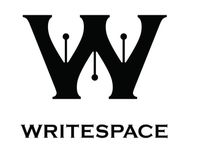
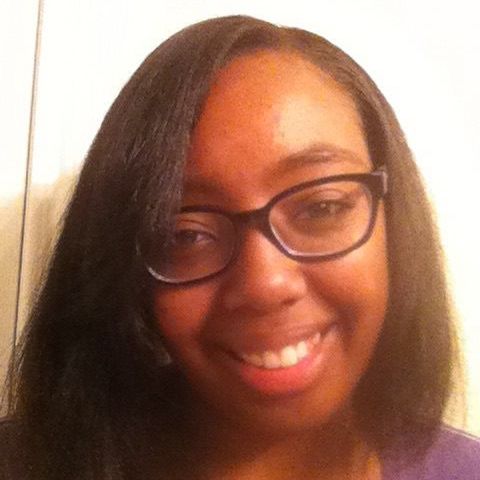
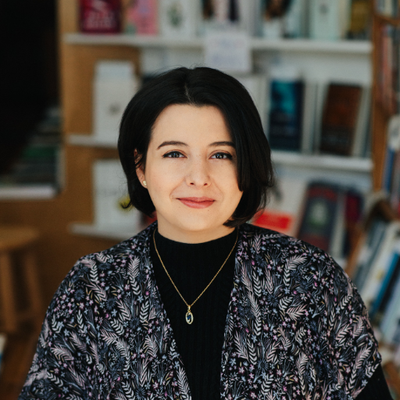
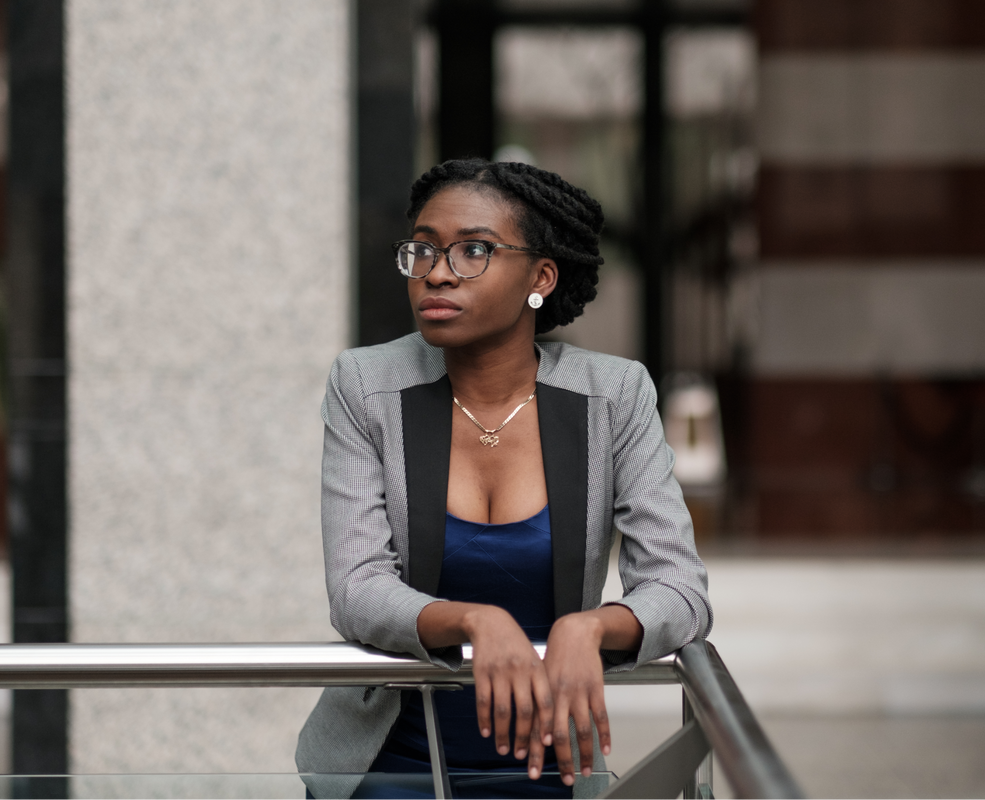
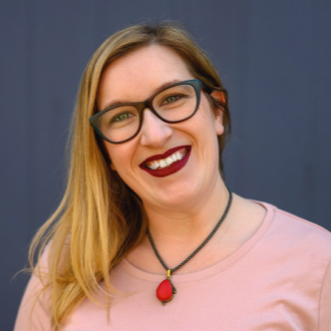
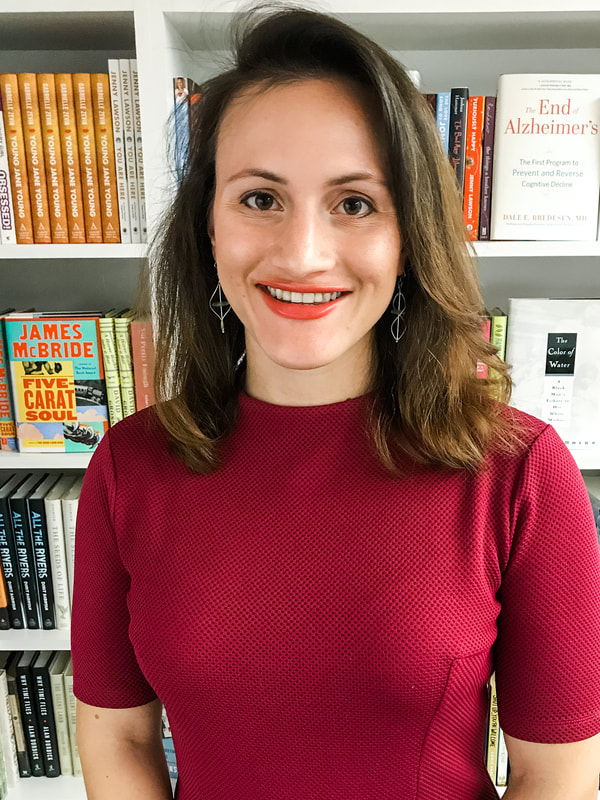
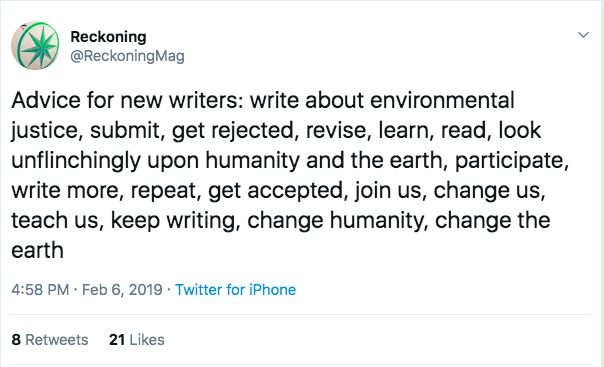
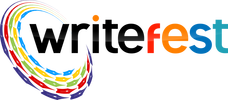
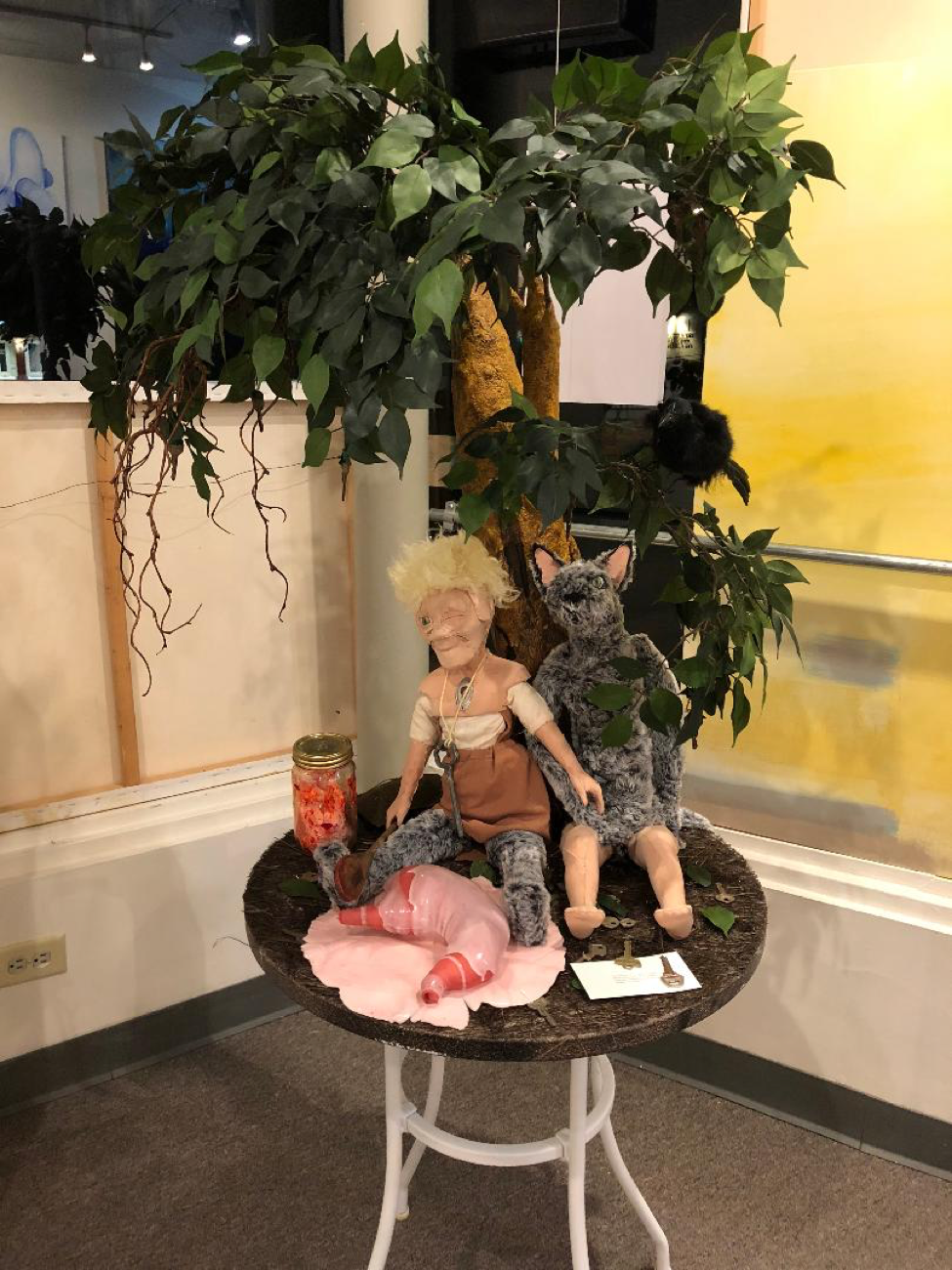

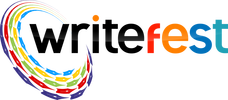


 RSS Feed
RSS Feed